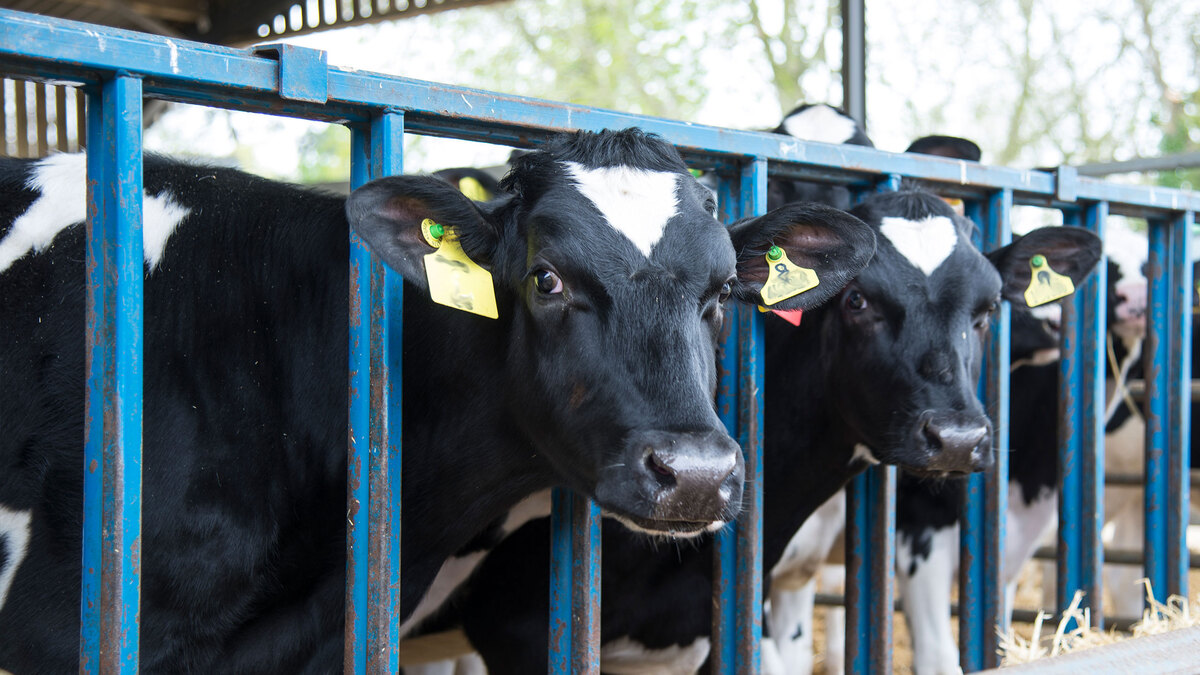The survey of around 600 dairy farmers, including those in the South East, reveals 9% of producers believe they are likely to stop producing milk by 2025 – up from 7% last year. A further 23% said they were “unsure” if their business would continue producing milk beyond 2025.
87% of dairy farmers who ‘responded’ to the intentions survey said they are concerned about the impact of government regulation, with feed prices (84%), energy prices (83%) and cash flow and profitability (80%) other key factors that would curtail milk supplies.
Meanwhile, 91% of dairy farmers said the main factor to them increasing milk production would be the scale of investment needed for things such as suitable slurry storage to ensure their farms are compliant - this supports the NFU call for Defra’s Surry Infrastructure Grant to be extended to cover more areas and to lower the minimum spend threshold needed to access the funding.
High levels of regulation
NFU South East regional dairy board chair Matt Ford, who farms in East Sussex and represents farmers across the region, said: “The UK has amongst the highest levels of regulation in the world. We are tasked with producing milk in a way that is beneficial to the environment and has high welfare standards.
“With increasing pressure on production costs, it is vital that milk buyers recognise the levels of investment required to achieve these world class standards, and that if the farm businesses are not able to make these investments then they will not be able to continue producing.
“Any gap in supply could be filled by importing dairy products from abroad, but if other countries do not have the same exacting standards, then there is the danger that we are exporting our responsibilities and ignoring environmental impacts in other parts of the world. In the long term this will have impacts on us back in the UK and is not sustainable.”
